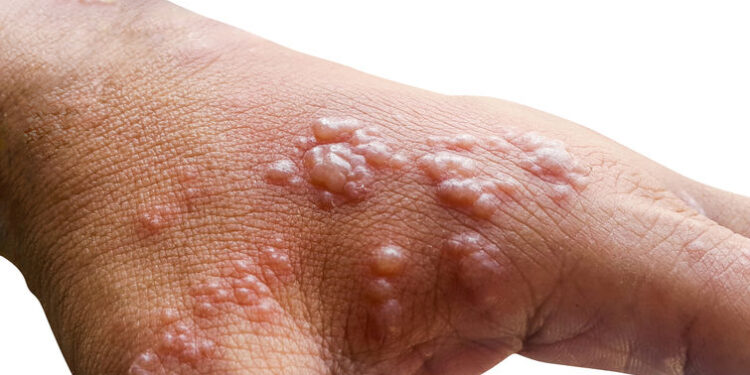By Ebi Kesiena
Rwanda’s Health Minister, Sabin Nsanzimana, has officially announced the end of the Marburg virus outbreak in the country, marking nearly two weeks with no new cases and a full month without any Marburg-related deaths.
The outbreak, first detected in late September, prompted swift response efforts, including vaccination campaigns that began in October to contain the virus.
“Since the outbreak was declared, we have been tirelessly fighting to control and eliminate Marburg in Rwanda,” Nsanzimana stated during a press briefing with the African Union’s health agency, Africa CDC.
He added, “I am very pleased to report that it has been almost two weeks without a case and a month without a Marburg-related death. Today, we can confidently say the Marburg virus in Rwanda is over.”
Rwanda’s health officials have taken steps to discharge all patients who had been receiving treatment for Marburg, which belongs to the same virus family as Ebola and is similarly deadly, with a fatality rate that can reach up to 88%. However, Rwanda’s response measures proved effective, resulting in a significantly lower mortality rate of approximately 23% during this outbreak, with 15 deaths out of 66 cases reported. Authorities attributed the lower mortality rate to proactive containment measures and rapid medical intervention.
Heritage Times HT notes that Africa CDC head Jean Kaseya had earlier assured the public that the virus was under control in October, highlighting an “almost zero risk” of cross-border spread.
This assertion reassured Rwanda’s neighbors and international observers, given Marburg’s high transmissibility and severe symptoms, which include hemorrhagic fever, organ failure, and, in severe cases, death.
The Marburg virus is transmitted to humans from fruit bats, and health officials in Rwanda are remaining vigilant, with increased monitoring of bat populations to detect any potential resurgence of the virus. “We are maintaining heightened surveillance of fruit bats to ensure early detection and rapid response should the virus reappear,” Nsanzimana stated, emphasizing Rwanda’s commitment to ongoing public health safety measures.



































